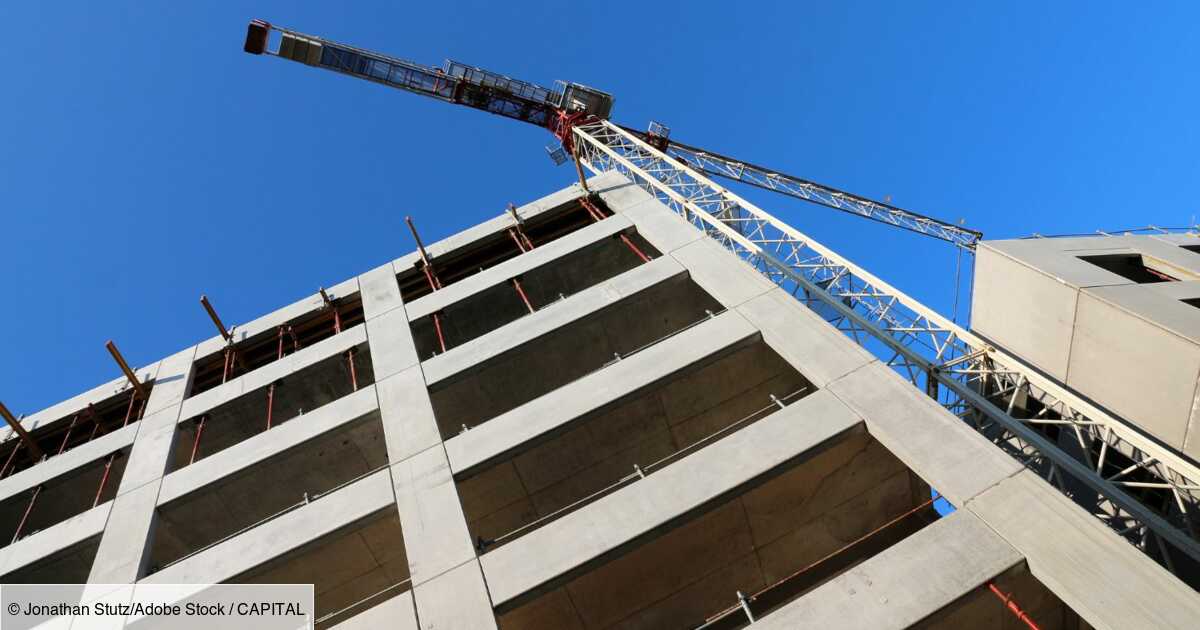
Restless sleep, difficulty falling asleep, insomnia… It has a real impact on sleep.
Have you had insomnia the last few nights? The fault perhaps lies with full moon. The full moon occurs every 29 days. There is one every month. During this period, we often notice that we are not sleeping well, especially in the preceding days. Summary of the explanations given on the link between full moon and sleep.
What is the influence of the full moon on sleep?
According to a study published in the journal Science Advances, sleep begins later and is shorter the 3 to 5 nights before the full moon. “Moonlight probably stimulates nocturnal activity and inhibits sleep” explained the authors from the universities of Yale in Washington (United States) and Quilmes in Argentina. “It is mainly the moonlight available during the first hours of the night that is most likely to modify the onset of sleepthey note. In contrast, moonlight late at night, when most individuals are asleep, should have little influence on the occurrence and duration of sleep.”
Because of the light of the moon?
The researchers also drew a parallel with exposure to artificial lights: “In general, artificial light disrupts our innate circadian clocks in specific ways: it makes us fall asleep later in the evening; it makes us sleep less. But in general, we don’t use artificial light to “get ahead” in the morning, at least not intentionally. These are the same patterns we saw here with the phases of the moon,” said Professor Horacio de la Iglesia, director of the study.
The Full Moon has an impact on the elements of the Earth: tide, plants…
Generally speaking, the Moon has an impact on the Earth and all the elements that make it up : it acts on the rhythm of the tides, the growth of plants, it causes earthquakes… It also acts on the human body: mood, menstrual cycle, appetite, energy level but also sleep. In question, the brightness of the Moon and its radiation which delays the production of melatonin, the sleep hormone. If the study carried out by researchers from the universities of Yale, Washington (United States) and Quilmes (Argentina) demonstrated that falling asleep phase was delayed on full moon evenings, On the other hand, they did not discover that the satellite could be responsible for insomnia.
For sleep better on Full Moon eveningsit is recommended to:
- go to bed earlier,
- do more sport to channel your energy,
- avoid the consumption of tobacco and stimulants,
- adopt a varied and balanced diet,
- make yourself a valerian herbal tea,
- scatter a few drops of lavender essential oil on your pillow
In general, remember that sleep is taken care of every day. You must ensure that you go to bed and get up regularly and get enough sleep as often as possible.








